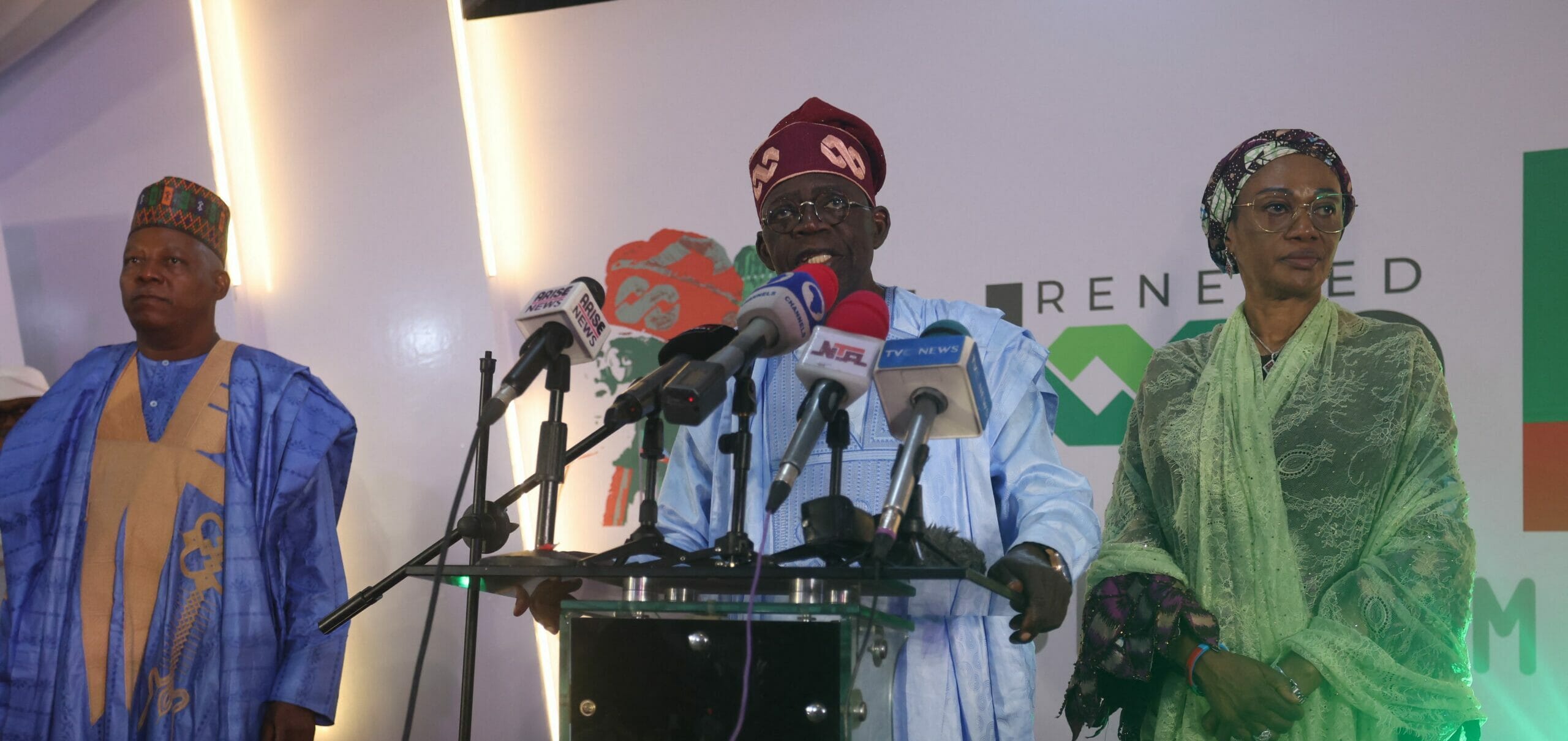News
Can Turkey set a new course?

As Turkey’s May 14 presidential and parliamentary elections approach, the big question is how much of a difference the outcome will actually make. What is clear, at least from the perspective of Western investors, is the need for change. Recep Tayyip Erdogan’s government, in power since 2003, has undermined Turkey’s economy and democracy through an unorthodox monetary policy and the politicisation of the judicial system.
Under his rule, Turkey has also become an increasingly unpredictable ally to the West and Nato, as its posture in the international arena has wavered periodically. While an electoral victory for his opponent, Kemal Kilicdaroglu, would be seen as a positive outcome, any substantive reform he seeks is likely to face significant challenges, at least in the short term.
A victory for Erdogan and his ruling Justice and Development Party (AKP) would mean much of the same. Since engineering a switch from a parliamentary system of government to an executive presidency in 2018 – following an abortive coup two years before – Erdogan has become increasingly authoritarian. His controversial intervention in monetary policy has led to ruinously high inflation – currently towards 50%, though the unofficial rate is much higher.
Read the full article on Intellinews.
Photo by Aziz Karimov/Getty Images
Newsletter signup
Related Articles

Intelligence delivered ingeniously
Helping key decision makers, make the right commercial decisions
